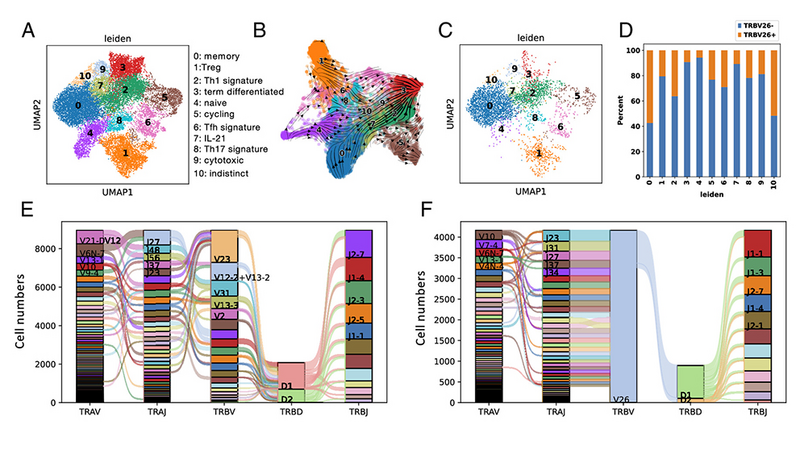Settings
Save and close
Energy homeostasis—keeping calories ingested and energy expended about equal—is a delicate balance. Until very recently the need has been to make the most of every calorie, and mammals, including humans, developed a nuanced and complex system to help maintain homeostasis. Now modern lifestyles have disrupted the equation, and metabolic disorders (obesity, type 2 diabetes, cardiovascular disease) are at epidemic levels.
Research shows that approximately 500-1,000 genes can lead to obesity in mice when mutated. Our program investigates the genetics of the metabolic system and the disorders that result when the system is perturbed. We seek to identify and investigate new mutations that cause metabolic disorders such as obesity and type 2 diabetes. We also research genetic modifiers that reduce or increase susceptibilities to the disorders, which are reflected in the wide variability of responses to diet and lifestyle choices in the human population.


Explore how The Jackson Laboratory is tackling stigmatized and understudied conditions like addiction, endometriosis, ME/CFS, long COVID, and metabolic syndrome. Learn about groundbreaking research that challenges misconceptions and advances treatment options.
View more

Michael Stitzel, Ph.D., is advancing the understanding of Type 2 diabetes and its risk identifiers, which now include dysfunction in the powerhouse of the cell, the mitochondria.

Jeremy Racine, Ph.D., develops new mouse model to further explore the connection between Type 1 diabetes and neuritis.


